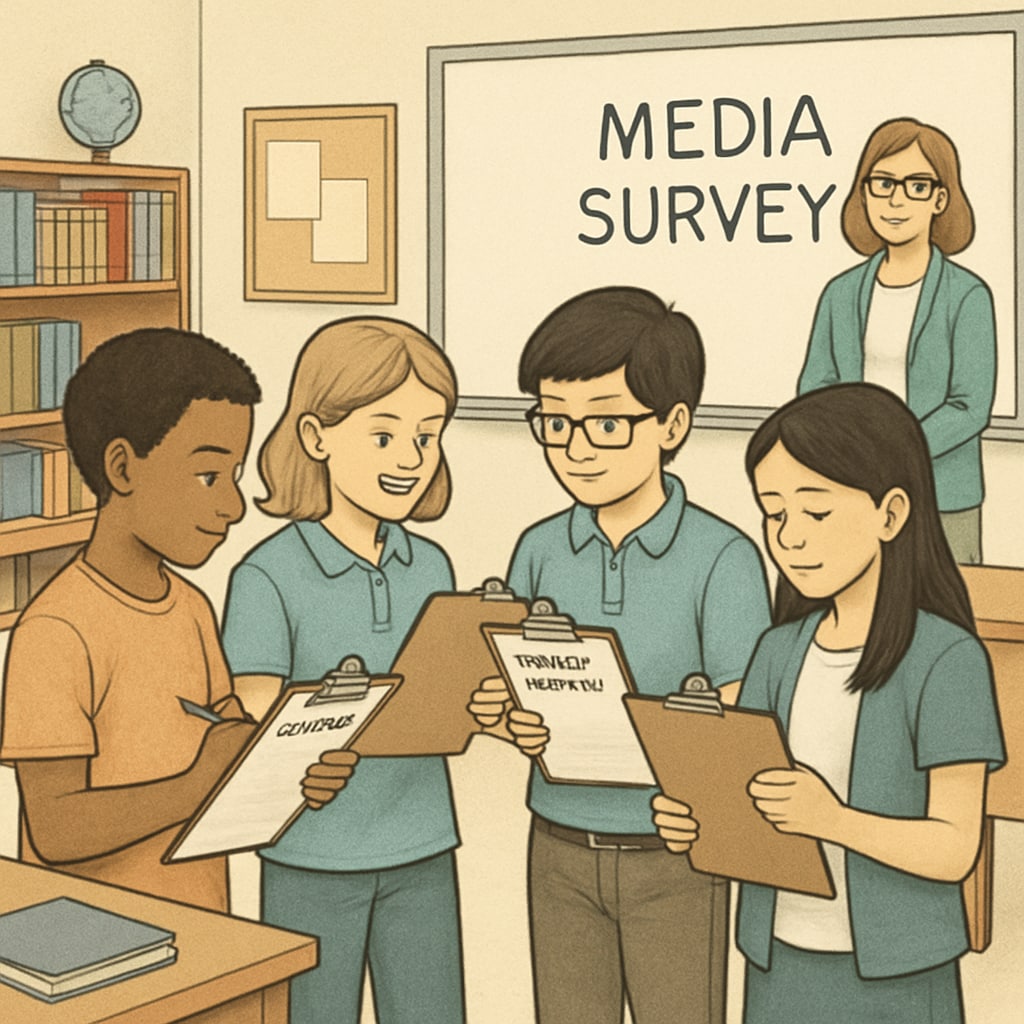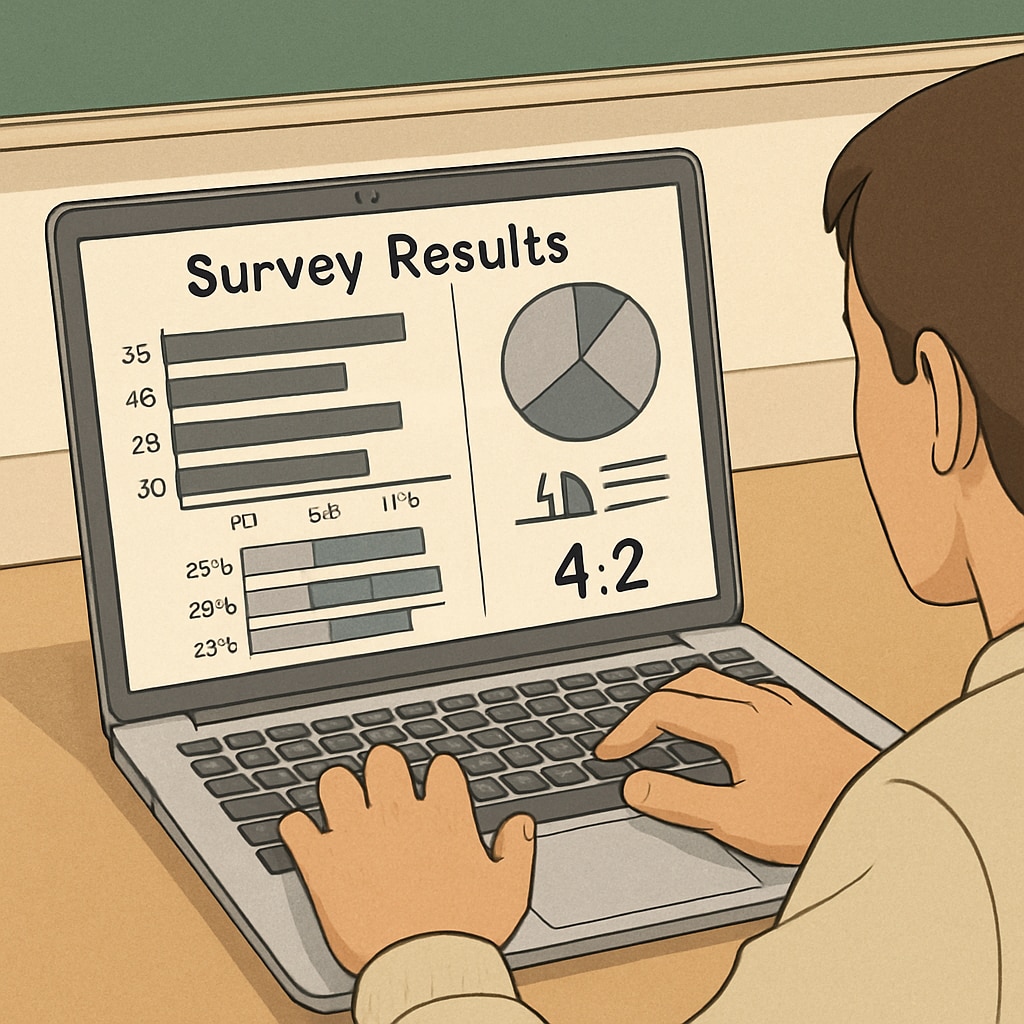Media studies, surveys, and academic support are essential tools in K12 education, providing students with valuable opportunities to develop critical thinking and research skills. These practices not only enhance students’ understanding of the world but also prepare them to become future researchers capable of addressing real-world challenges. By integrating academic surveys and media analysis into educational programs, schools can empower young learners to think critically, collaborate effectively, and contribute meaningfully to society.
Why Media Studies Matter in K12 Education
Media studies serve as a gateway for students to explore and analyze the content they interact with daily, ranging from social media to traditional news outlets. In the digital era, media literacy is increasingly important. Through structured media education, students learn to distinguish between credible information and misinformation, equipping them with the tools needed to navigate complex media landscapes.
For example, incorporating media research projects into K12 curricula helps students understand how media shapes perceptions and influences societal decisions. These projects often leverage surveys to collect and analyze data, teaching students essential research methodologies like sampling, data interpretation, and ethical considerations.

Using Surveys to Enhance Research Skills
Surveys are a practical and engaging way to introduce students to the fundamentals of academic research. By designing and distributing questionnaires, students experience the full cycle of a research study—from hypothesis creation to data collection and analysis. This hands-on approach fosters critical thinking and problem-solving skills while giving students a sense of ownership over their academic work.
In addition, surveys encourage collaborative learning. Students often work in groups to develop questions, analyze responses, and present findings, promoting teamwork and communication skills. As a result, they gain a deeper understanding of both the subject matter and the research process itself.

How Academic Support Can Make a Difference
While designing surveys and conducting media research are valuable experiences, students often require guidance to navigate the complexities of academic inquiry. Teachers and mentors play a crucial role in providing this support. By offering constructive feedback and resources, educators can help students refine their survey designs, interpret data accurately, and draw meaningful conclusions.
Moreover, online platforms and forums can be leveraged to seek help from a broader community. For instance, students can share their surveys on social media or educational websites to gather diverse responses, enhancing the reliability and scope of their studies. Such collaborative efforts not only improve the quality of research but also build students’ confidence in engaging with larger audiences.
Readability guidance: Use short paragraphs and lists to summarize key points. For example:
- Encourage students to focus on clear, concise survey questions.
- Teach ethical considerations, such as obtaining consent from survey participants.
- Provide examples of successful media research projects to inspire students.
Shaping the Future through Media Research
By integrating media studies and surveys into K12 education, schools can inspire students to become independent thinkers and researchers. These initiatives not only enhance academic skills but also prepare students to address societal issues with evidence-based solutions. As a result, young learners are equipped to contribute actively to their communities and the broader world.
For educators, the key lies in creating engaging and accessible projects that resonate with students’ interests. Whether exploring social media trends or conducting surveys on environmental topics, these experiences can spark curiosity and a lifelong passion for learning. Therefore, supporting media research in K12 education is not just an academic exercise—it is an investment in the future.
To learn more about the importance of media literacy, visit Media Literacy on Wikipedia. For insights into survey methodologies, explore Survey Methods on Britannica.


